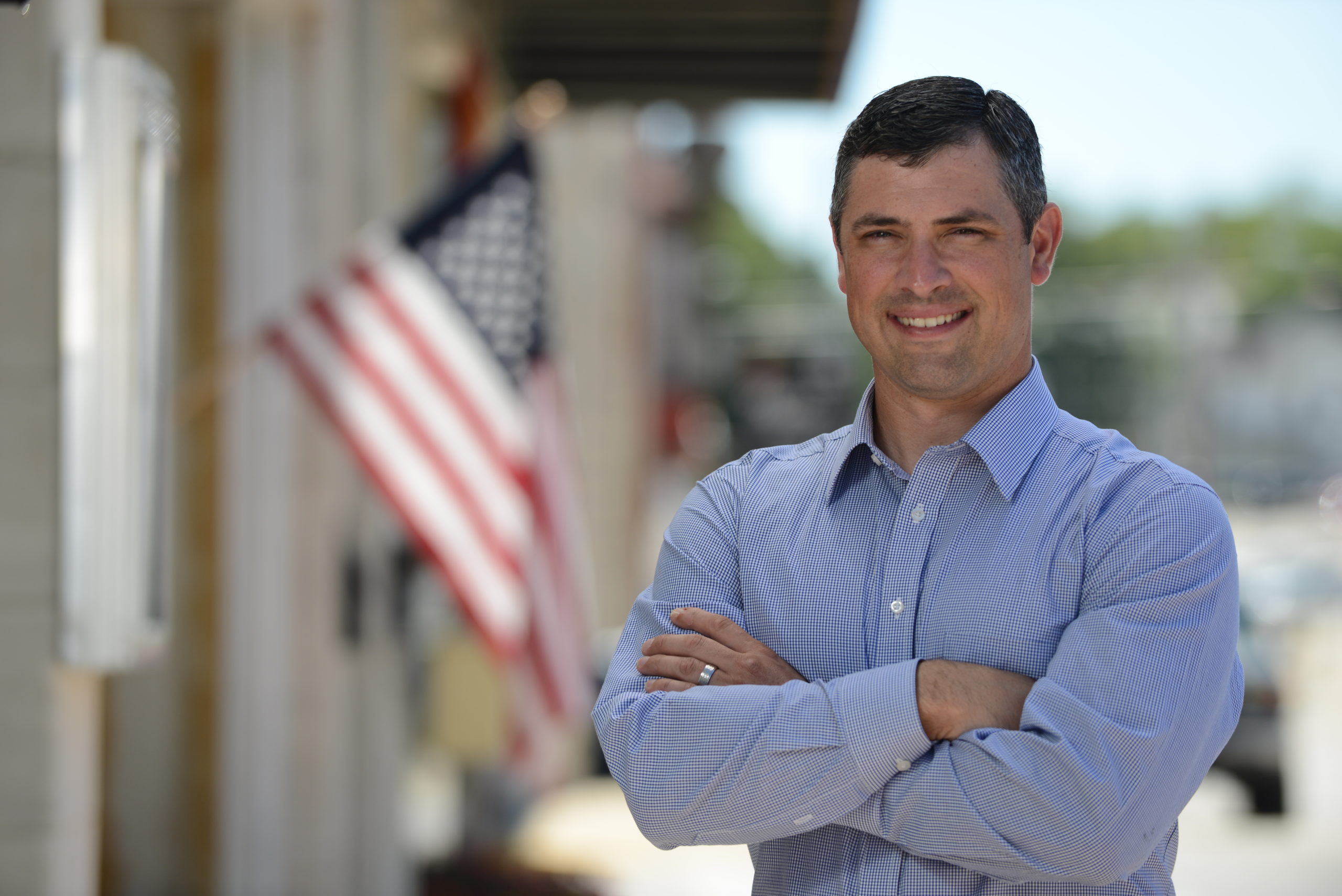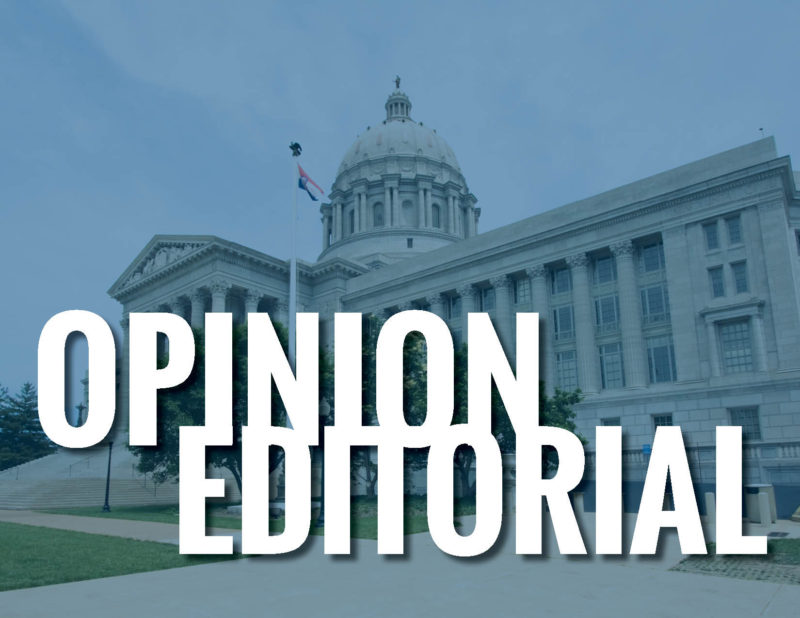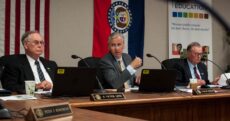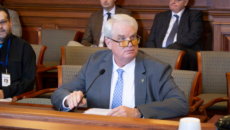If you ask a Newton County family what their biggest concerns are, student loan debt is usually somewhere near the top of that list. It’s a topic that dominates at the dinner table, at church, and at the supermarket. These conversations are repeated in every town and city across Missouri, and as my four young girls grow, I know that it’ll soon enough be a topic at my dinner table, as well.
Understandably so. Although Missouri graduates have fared slightly better than their peers in many other states, they are still facing an average student loan debt of $27,108. Columbia has reached the top 10 worst-off cities, with the average student loan debt and post-college incomes both hovering around $40,000.

There is no one source to the student debt problem, and there is no one solution — but there are major steps we can take to help ensure that parents and students are making the best decisions for themselves and for their futures. Spoiler: It doesn’t include a socialist “free” education policy, nor does it include wiping away all student debt. No, it’s about tackling the problem before it’s a problem.
During my time as a college instructor and Dean of Students, the biggest red flag for me across the board was the lack of financial information for students considering higher education in any form.
We’ve told Missouri teenagers the same story for decades: If you graduate high school, you go to college, and then you’ll get a good job. While that may have proved true in the past, there is danger in people believing that a traditional four-year degree is the one and only pathway to a meaningful and good-paying career. Not only does this perpetuate the stigma against blue-collar work that is so vital in our communities, but it also irresponsibly encourages young people to rack up debt without knowing if their investment will pay off in the end.
That’s why I introduced HB 1774, which will require academic institutions to provide outcome-based information to incoming freshmen. The idea is simple: Teenagers and their parents should know how much their choices after high school will cost them and the likely return on their investment — their salaries after graduating. My bill would help people have access to important information about the cost of a college education, their employment opportunities once they graduate, and their income potential down the road. Critically, it will also give them a much better idea of their potential student debt burden, hopefully helping them avoid levels of debt like those suffered by Columbia residents.
Young people enter college with little idea of what they want to do for a living but have legally signed away their financial futures to fund the opportunity to find themselves. What happens if they find their skills are best suited for a career that doesn’t even require a degree?
If a career one is interested in doesn’t require a college degree, having all the information can help people make educated decisions about whether a degree will help them achieve those goals, or if it will merely be a checked box. Again, the idea is for this conversation to happen before signing those loans.
With low unemployment and job openings to spare, students have more options beyond a four-year degree. Vocational school and apprenticeships can open doors to good-paying jobs without the ongoing burden of repaying tens of thousands of dollars in student loans.
My daughters will benefit from my generation’s hindsight — knowing how bad the student loan debt problem is in Missouri and across the country will hopefully prevent the next generation from repeating our mistakes. But that requires diligence, tough conversations, and most importantly, information.

State Rep. Ben Baker is a Republican who represents HD 160.









